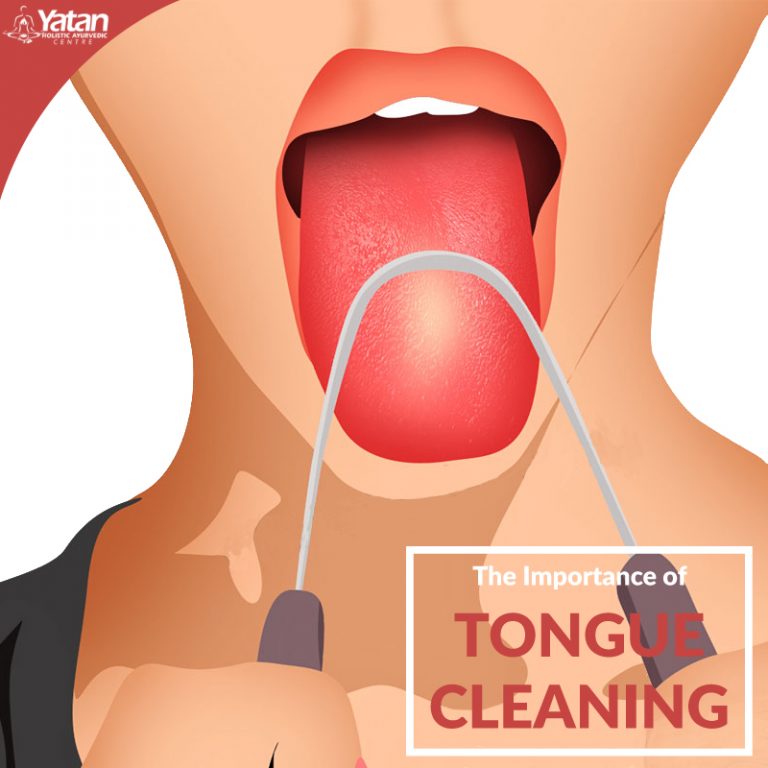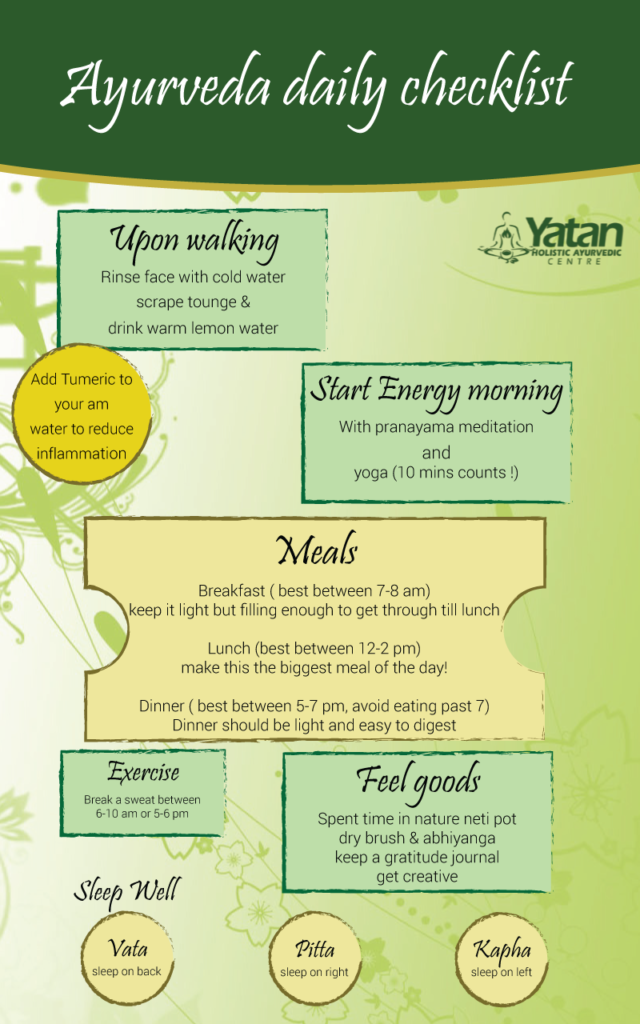Factors That Influence Health In Ayurveda
How many factors determine our health? We should start by defining the word health; it implies not merely the absence of disease or infirmity, but a state in which one’s physical, mental and social well-being are at an optimal level. Many people seem to believe that all that is required for good health is a healthy diet; patients have often asked me why they are not feeling well in spite of eating only good organic food. Others feel that a good diet together with plenty of exercise should be enough to assure their permanent well-being.
For thousands of years Ayurveda has sought to educate people to see the bigger picture, and with modern life becoming ever more complex its lessons are probably more relevant now than ever before. A healthy diet is certainly one of Ayurveda’s absolute priorities, but in the Ayurvedic scheme of things one size does not fit all. It is seen as essential to eat foods which are appropriate to one’s constitutional type, for example a Kapha type will benefit from lighter foods as a heavy diet will lead to sluggishness, whereas the Vata type has a need for heavier foods to supply adequate energy. It is also important to take the seasons into consideration; warmer foods and drinks are to be preferred when it is cold and colder items in the heat, for example a melon is an excellent choice to cool the system in hot weather. Seasonal fruits and vegetables are always to be preferred to items which are imported out of season.
Ayurveda’s other priority, every bit as important to good health as diet, is lifestyle. The Ayurvedic blueprint for healthy living emphasises the need for routines in everyday life. It teaches us that we can only attain complete good health by aligning ourselves with the rhythms of nature. This involves not only eating the right foods for our own constitutional type, but ensuring that we do so at the right times and also taking care to maintain a healthy schedule with regard to hours of sleep. Ayurveda recognises that all of our bodily functions are strongly related to the natural cycles of the sun and moon and a basic understanding of biorhythms helps us to be aware of the importance of timing in all our routines. Research has shown beyond doubt that different hormones are released every two hours in the human body. For example, at 6 a.m. the body is in an optimal state for activation. This is the perfect time to rise and begin the day by clearing the body of toxins, first visiting the toilet then brushing the teeth and scraping the tongue. This is also the kidney time – the best time to cleanse the kidneys by drinking half a litre of water, warm or cold according to body type. It may also be a good time for exercise, although this may be better done in the evening, again depending upon the constitution and circumstances. Helpful exercises might be in the form of yogic postures or breathing practices, and meditation is also highly beneficial in promoting mental focus and emotional equilibrium.
I have myself experimented with the effects of a disruption in routine, for example by varying meal times, times for sleep and for evacuating the bowels. Within a short time it became clear that my body systems were beginning to show signs of imbalance and I was in no doubt that if I continued sickness would soon develop.
Ayurvedic medicines can be highly effective in treating illnesses but in addition to its painstaking attention to diet Ayurveda also teaches us how we can maintain good health through attention to lifestyle.
If you feel generally well but would like to explore ways of achieving an optimal balance in your health, a ‘Maximising Wellness’ consultation can supply you with a tailor-made toolkit of dietary and lifestyle measures to assure your future physical, mental and emotional wellbeing.
Book your consultation with the Yatan Holistic Ayurvedic Centre now on 1300 552 260.
Next Time:- Ayurvedic Treatment For Bali Belly

*Discover holistic healing with a complimentary phone or video consultation from our expert Ayurvedic practitioner. Start your path to better health today!*























